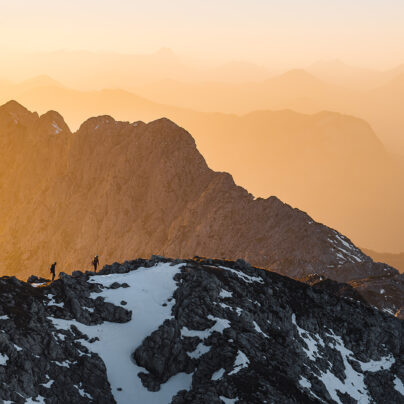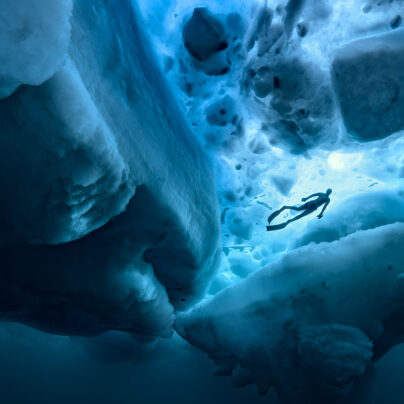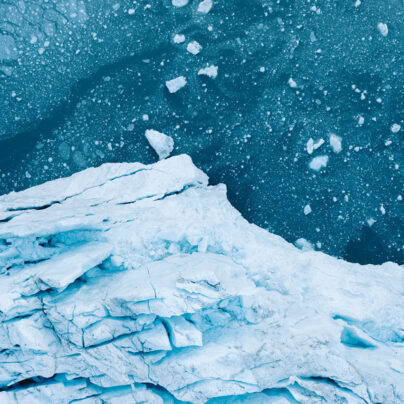Come Hell or High Water
Inspiration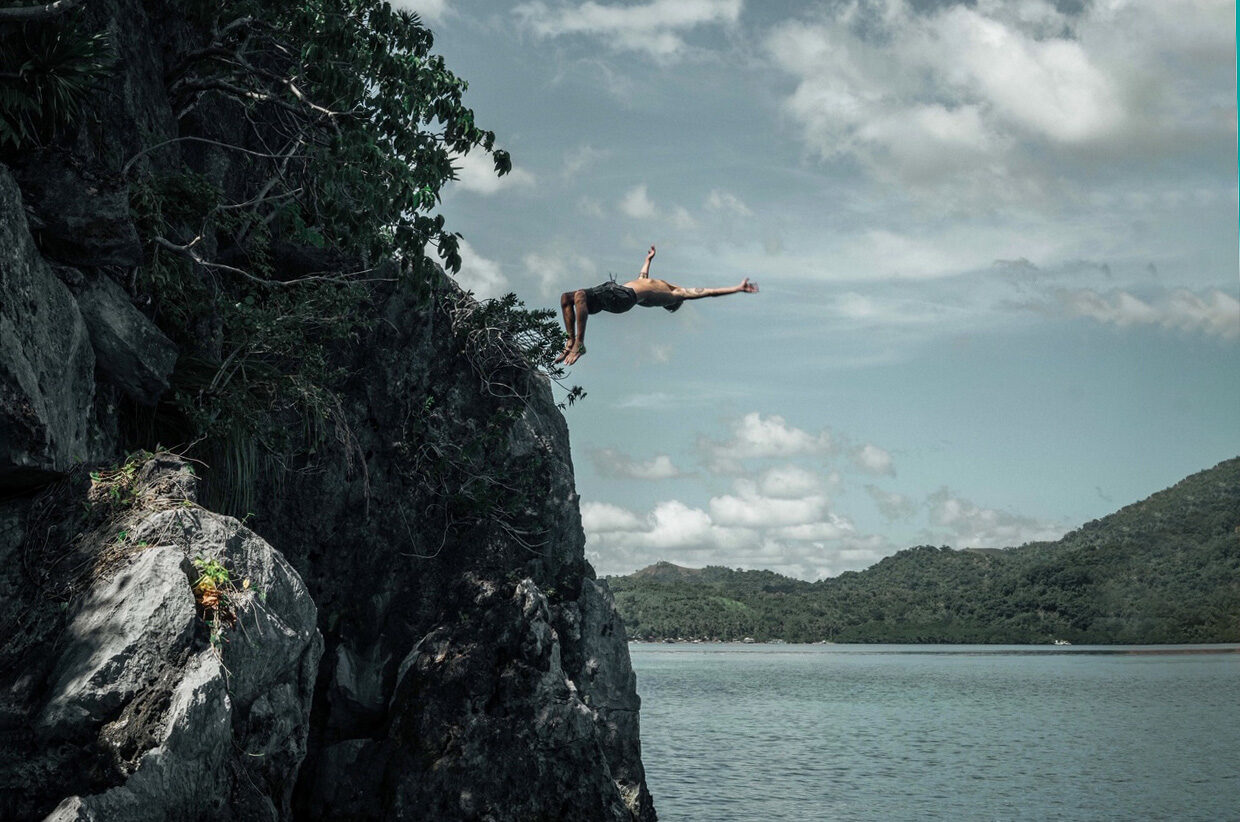
In conversation with Jon Rose
Written by Hugh Francis Anderson
There’s a common theme among athletes when their professional careers come to an end. Without a defined purpose, many find themselves on a plateau, desperately searching for the next goal. In 2009, after a successful career as a pro surfer, Jon Rose found himself on such a plateau, and his salvation would once again be found in water.
At 42, Rose’s life has become defined by two very different elements. In a twist of fate that has propelled him from athlete to humanitarian, it appears that life for Rose has always been about exposure. He spent his early years in the mountains of Mount Shasta, California. By the age of 10, after the divorce of his parents, he moved to Laguna Beach with his father. ‘It was a magical bubble. We were two blocks from the beach and that kick-started my life in the water,’ he tells me via Skype from his home in Truckee, California. ‘I was surfing every day and got super locked into it. I started competing regionally, then nationally, and then turned pro at 17. I signed with Quiksilver and was with them for my entire 13-year career.’ Beyond the notoriety and freedom that his career offered, as a teenager in some of the most remote parts of the world Rose developed a skillset that helped him move fluidly in situations way outside perceived comfort zones. ‘I didn’t go to college – I turned pro in high school, and it’s weird because it’s totally sheltered amongst pro athletes,’ he says. ‘But you get exposed to a lot, which teaches you a lot, and exposure is the key to everything.’
Approaching 30, with his career slowing, debt building, and a marriage on the brink of failure, Rose was at a loss. So, when the opportunity appeared to join a last-minute surf trip to the Mentawai Islands, Indonesia, Jon leapt at it. ‘I was lost, and the thing that made me feel most connected was surfing. But more than the actual act of surfing, it was just about being out somewhere remote to reset and clear my head,’ he says. ‘At the same time, I had this idea, a pet project called Waves for Water [W4W]. It was an excuse for me to do what I loved whilst helping people – win, win.’ Rose realised two things. First, that technology existed to filter dirty water with relative ease; and second, that remote communities throughout the world were riddled with illness and death from waterborne diseases. ‘That was the first lightbulb,’ he says. ‘It’s not a question of technology, it’s a question of access. I thought that if I was literally the access, why couldn’t I bring them the technology, teach them to use it, and call it a day?’ So, with 10 ceramic filters, Rose set off for Indonesia.

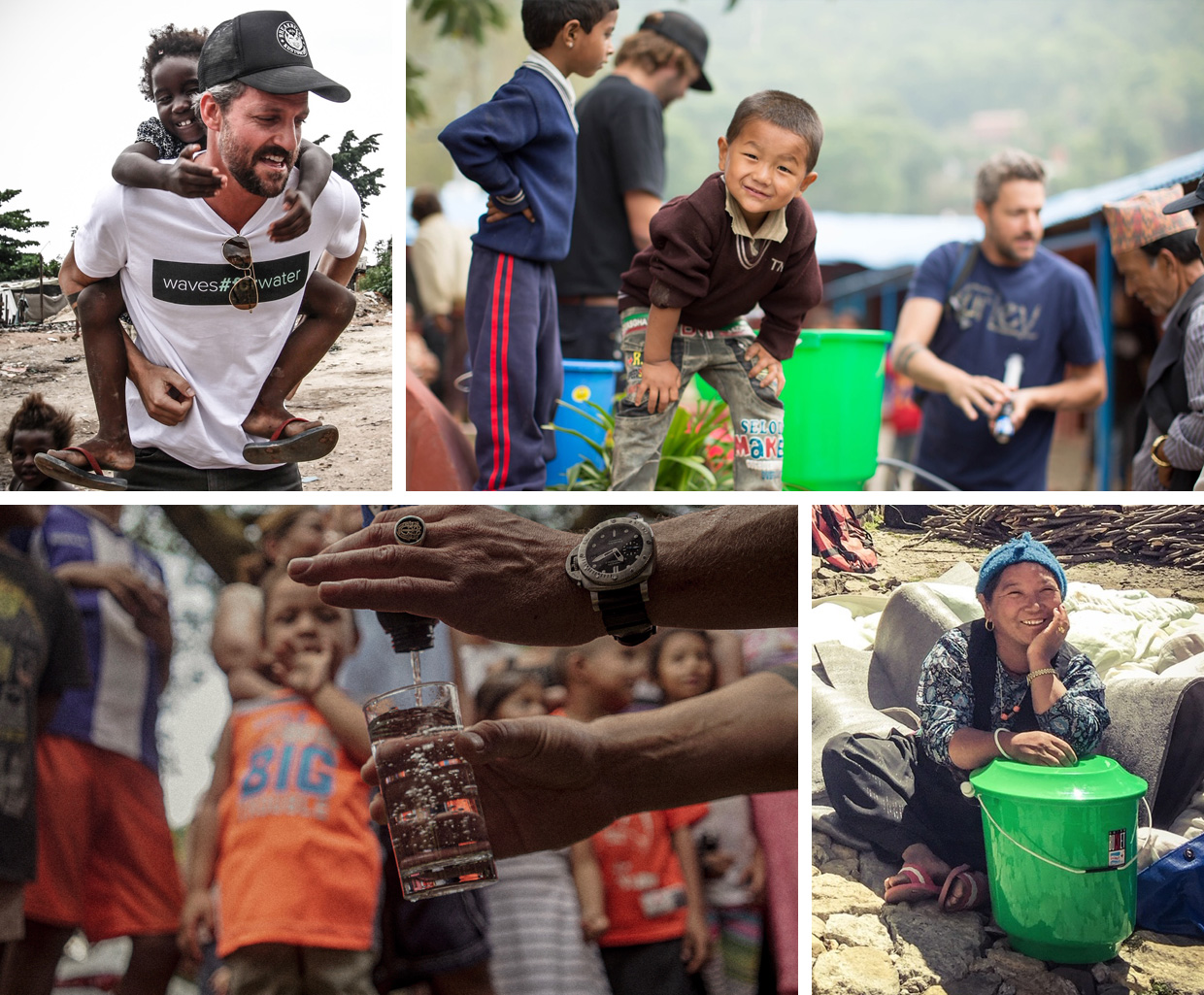
On September 30th 2009, when Rose was travelling back to California via Padang, the city was hit by a magnitude 7.6 earthquake, killing more than 1,000 people and leaving close to 100,000 homes destroyed. ‘The whole city was devastated. It was so much to be confronted with death and destruction on that level.’ But with the 10 filters, Rose was able to track down containers, find the relief centres, and implement the filtration systems to provide clean water for consumption and sanitation. ‘I was on the ground for 30 hours and I came back a changed man,’ he tells me. ‘It was like divine intervention. I came back with a clear path, as if surfing had been the precursor to my real path.’ Within months, he was on the ground in Haiti working with relief organisations after the magnitude 7.0 earthquake struck. He would stay in Haiti for two years.
The growth from there has been exponential. In addition to providing aid following 33 major natural disasters, W4W has now implemented 155 clean-water programmes in 48 countries, impacting almost four million individuals. Each filter is capable of cleaning over four million litres of water; that’s enough for 100 people every day for up to five years. But W4W has evolved further still with the addition of rainwater harvesting infrastructure and the creation or renovation of bore-hole wells. ‘We have this amazing technology, but our job is not just to deliver it. Our job is to set people up to win.’ Instances of typhoid and cholera are drastically reduced, as are other illnesses caused by E. coli and Salmonella. This has a massive knock-on effect. ‘If you come in with this one solution, and you interrupt the pattern, then it changes the trajectory of other things,’ he says. ‘The two major things are education and finance.’
With less illness comes greater attendance at schools, and with hydration positively affecting information retention, children will learn more too. Financially, many medicines become redundant, the purchasing of clean water becomes redundant, and therefore people are able to use their time to build valuable skills in which to earn a living. ‘All of a sudden you see socioeconomic change in a place, all because of one thing,’ Rose says. ‘I know the change we make has a ripple effect.’ W4W has also implemented various initiatives to provide further aid. Its Courier Program asks those travelling to remote locations – whether on humanitarian missions or not – to take filtration systems with them and implement them in new communities. To date, communities in 90 countries have benefitted from the Courier Program, and it pays homage to W4W guerrilla approach to aid work: they get people and systems on the ground without the bureaucracy that other organisations face. W4W also have the Clean Water Corps, a division of the organisation built from former military personnel, and have even partnered with the likes of Neymar Jr. and PayPal to raise further awareness and drive change.
But behind it all, Rose makes it clear that adventure itself has always been a core foundation of W4W. ‘Our motto is, do what you love and help along the way,’ he says. ‘Helping made me feel good, but it was also for the adventure. There is so much adventure tied to it.’ Whether riding motorcycles through Bhutan, horses across Mongolia, or working with the US military on the ground in Afghanistan, it is the adventure of the remoteness that has always been a pulling factor. ‘Adventure for me is twofold,’ he says. ‘It’s the ability to expose yourself to new things and grow, and to be forced into the present moment.’

With the last decade spent providing support around the globe, Rose has witnessed first-hand the brutal aftermath of many natural disasters. The years he spent in Haiti, where upwards of 250,000 people lost their lives, exposed him to the reality of humanitarian aid. He recalls one defining moment. ‘We were exploring this new area of Port-au-Prince and there was a moment when we saw a body on the sidewalk. It was the body of a boy, a deceased eight-year-old boy, and his body had been eaten by dogs,’ Rose tells me. ‘It was just one of those moments where you see something that you can’t fathom. It cuts through and hits you so hard.’ But in this moment Rose understood his ability to handle such moments of hardship – a trait that would both help and hinder him in the years to come.
Five years in to W4W, when returning from the war-torn Kunar province of Afghanistan, the trauma of all that he had witnessed over the years came to the fore. ‘I was standing on the corner of Prince Street and Broadway in Manhattan and I had this feeling that I wasn’t part of this world and I was completely numb,’ he says. ‘It all peaked for me. Ultimately, it was PTSD.’ Through specialist therapy Rose was able to come to terms with and process all that he had seen – and also reconnect with himself. He notes the use of Pranayama, or Box Breathing, as a way to alleviate stress today. ‘Now, five years on from that hard point, I’m so much more conscious and sensitive to what I’m feeling.’
Currently, Rose’s adventures appear to be more behind the scenes, fiercely driving the organisation forward for maximum growth and impact. I wonder how his purpose has morphed in this time. ‘My purpose now has shifted from input to output in more of an educational sense. I was, am, and will always be the student, but with 10 years under my belt, I’ve found a greater sense of purpose aligned with sharing what I’ve been through.’ In the early years, Rose was travelling substantially – on the ground with communities for three weeks of every month, and flying up to 500,000 miles per year. ‘That’s not sustainable,’ he says. ‘But it was the adventure of it. The work was very adventurous; it was in really hard places and I loved the challenge.’
Now, with COVID-19 causing hardship around the globe, humanitarian relief is facing mammoth difficulties. Getting people on the ground in remote communities is almost impossible, and poor sanitation has a direct correlation to increased COVID cases. ‘It’s a hard time and our programmes are pretty much halted at the moment,’ Rose tells me. ‘We have local teams, but a lot of the funding has dried up. And when there’s a disaster, it hits the developing world 10 times harder. Just try keeping good hygiene without clean running water. It’s impossible.’ But he is not defeatist. As we all navigate a new normal, he is determined to keep pushing forward. ‘The need for help is not going away – it’s gotten greater. We just need to muscle through, start to rebuild, and get back to work.’
From a career spent chasing adventure through surf, Jon Rose has crossed the plateau of uncertainty and redefined what adventure means, and it’s simple: do what you love and help along the way.
For more information on Waves For Water, visit wavesforwater.org and find them on Instagram @wavesforwater
@jon_rose // @hughfrancisanderson
